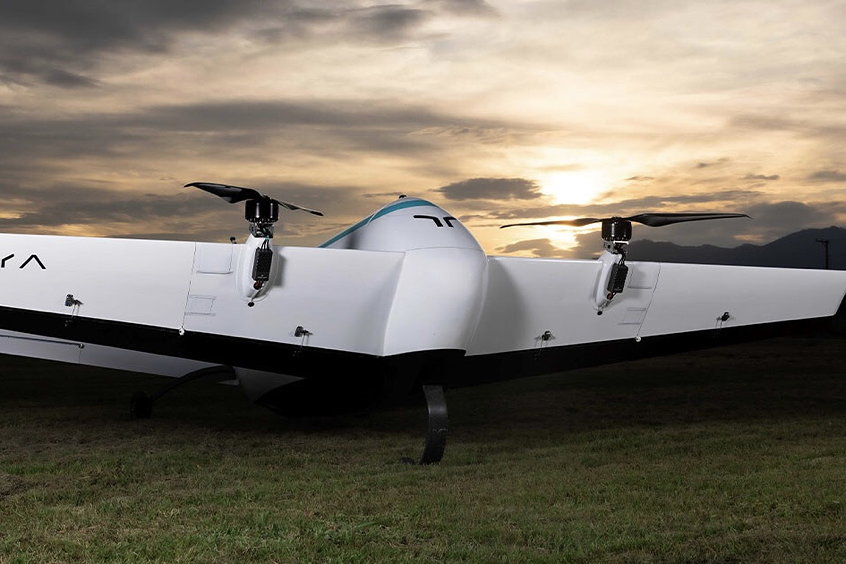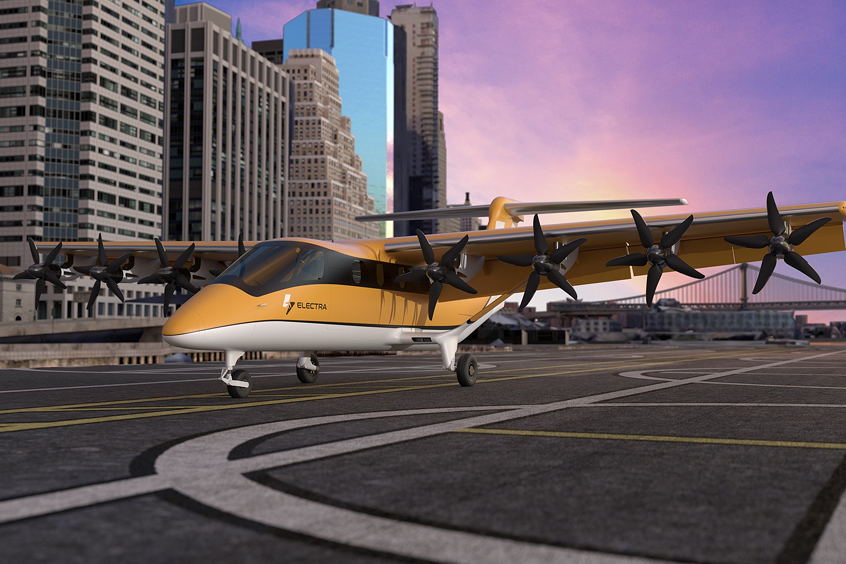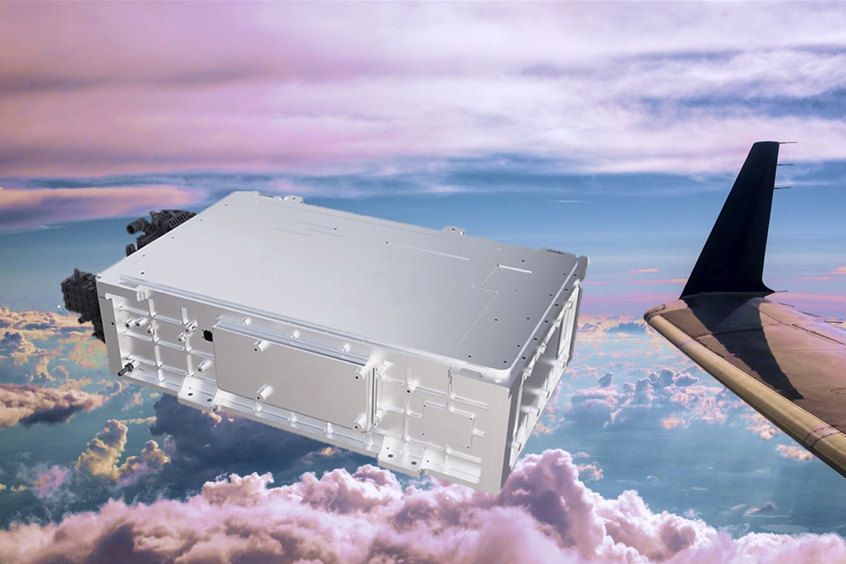The European Investment Bank today confirmed EUR 16 million of new financing to support research and development investment by Airborne International. The new financing will be used to further develop automated and digital manufacturing of composites and development of advanced products for new space and big science applications.
Arno van Mourik, CEO of Airborne, says: “EIB backing for Airborne's investment programme enables us to accelerate development and commercialization of new composite automation, enabling much lower cost, providing much more flexibility and reducing material waste. This will allow our customers to develop and manufacture advanced composite products to be more sustainable, reduce fuel consumption and provide higher performance”.
“The European Investment Bank is pleased to provide EUR 16 million venture debt innovation financing for leading digital composite manufacture Airborne. This will strengthen innovation of new composites and unlock exciting new applications, reduce energy use and create 114 highly skilled jobs. The European Investment Bank is committed to supporting innovation investment and the new partnership with Airborne demonstrates how research and development can transform daily life and industry through digitalization and automation of production,” said Kris Peeters, European Investment Bank Vice President.
Micky Adriaansens, Minister of Economic Affairs and Climate Policy of The Netherlands: “We have to strengthen our innovative economy and support high potential scaleups. Additional financial investment is a key factor for Airborne to take the next steps in their development of automated and digital production systems for advanced composite production systems. I am confident that these technologies have a relevant impact on many applications and industries such as automotive, aerospace and renewable energy and thus will contribute to our economy.”
Airborne is a Dutch company, headquartered in The Hague, specializing in the development and production of advanced composite products as well as automated manufacturing systems for their production.
Composites are well-known within the advanced high tech industry. The complex materials developed by Airborne are used to make aircrafts, satellites and rockets lighter, stronger and safer. Composites also play an important role in enabling renewable energy technologies, such as in wind, tidal or solar energy and in hydrogen storage and transport. Airborne's advanced materials are also contributing to electrification of cars, vans, trucks and ships. The benefit of composite materials has been recognised for some time. It has superior structural properties, freedom of form, no corrosion, less maintenance, and is of course lightweight.
Airborne is currently working on a range of projects with global partners to boost a sustainable innovation. For instance, in aerospace Airborne is involved in several projects to develop new, lightweight structures for future electric mobility. With a Dutch consortium involving GKN, Toray, Collins and others, new concepts for thermoplastic composite structures are being developed, focused on the emerging Advanced Air Mobility market, with Airborne focusing on digital and automated technologies to manufacture tailored blank laminates. With Venturi Aviation, Airborne has setup a partnership to work on lightweight composite structures for the Echelon 01, a battery electric regional airliner with a 44-seat capacity and 500 km range, to be manufactured in volume production from 2029 onward. Furthermore, Airborne is working on several projects around lightweight composite battery systems, both for aerospace and automotive. The first projects are planned to go into production in 2022.
In another consortium, led by Toray Advanced Composites, Airborne helps developing the technologies for future H2 storage tanks, for long-range airplanes. And with VDL Nedcar, a project is started to explore technologies needed for the electrification of the whole mobility sector, ranging from passenger cars to trucks and busses. One of the results will be a flexible battery assembly line, and Airborne will use its 'Automated Programming' technology to create an adaptable manufacturing line, that can adjust on-the-fly without the need of reprogramming.
All of these projects aim to make mobility more sustainable, by light weighting and increasing performance of the vehicles to enlarge the range, and to reduce the waste during manufacturing.
| Contact details from our directory: | |
| Airborne NL | Composite Tape Lay-down, Plant Automation Equipment, Laminating Equipment, Composite Structures, Composite Manufacturing Services, Subcontracted Composite Parts, Composite Sandwich Panels, Carbon-reinforced Composites, Aircraft Structural Components |
| Related aircraft programs: |
| Maeve Aerospace Maeve 01 |
| Related directory sectors: |
| Structural Components |
| Production Equipment |
| Composites |
Weekly news by email:
See the latest Bulletin, and sign up free‑of‑charge for future editions.

Altair collaborates with aerospace startup Moya Aero to develop eVTOLs

Electra reveals design for EL9 hybrid-electric aircraft
Piper Aircraft achieves AS9100 certification
